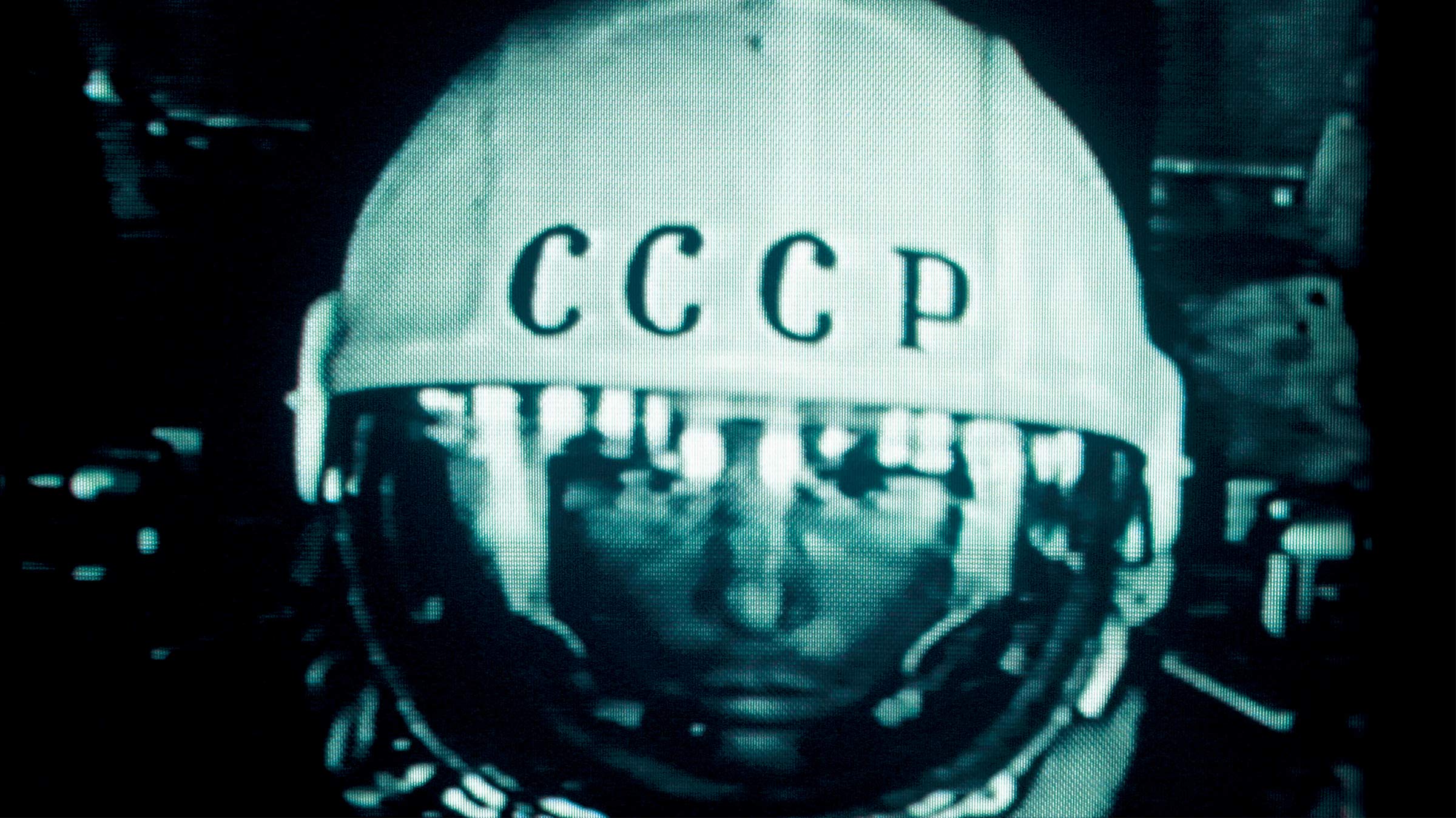Researchers discovered that a group of Russian cosmonauts had excess cerebrospinal fluid, which is responsible for compressing grey matter in the brain, after traveling to space.
For over half a century people have been going to space but we’re only just learning about the effects it has on the body. Scientists have recently found that spending prolonged periods of time in zero gravity can reduce the amount of grey matter in your brain. After an average of 189 days on board the International Space Station, ten Russian cosmonauts were examined to see what impact weightlessness had on their brains.
Led by scientists at the University of Antwerp, the researchers studied ten Russian cosmonauts as they spent an average of seven months on the International Space Station and found when they returned, all of them had excess cerebrospinal fluid, which is responsible for compressing grey matter in the brain. Using magnetic resonance imaging, the subjects were tested before and after they ventured into space and even after seven months of living back on earth, the impact was still lingering. Responsible for things like memory, speech, and muscle control, grey matter makes up 40 percent of the overall matter in your brain.
The physical effects of traveling into space have been well documented and can include muscle atrophy and a reduction in bone density. For a while now, people who’ve spent time up in space have complained of blurry vision and puffy faces when they land back on earth, and now researchers think this may be linked to increased amounts of cerebral fluids caused by zero gravity. The same issue that’s causing grey matter to be compressed.
In an interview with National Geographic, the study’s author Peter zu Eulenburg of the Ludwig Maximilian University of Munich, said the results hammered home the fact that people were made for Earth: “We were designed for standing in gravity on Earth, and once that force is released, all the bodily fluids move upward.”
Seven months back on earth and the effects on grey matter were partially reversed. But the findings showed that the brain isn’t just affected during weightlessness. After returning back home, levels of white matter were also tested and the results seemed normal. However, when they were retested, the subject’s white matter had also decreased. Researchers think this might also be the product of collective pressure resulting from increased cerebral fluid.
Outside of the physical impacts on the brain, the phycological effects of being alone in space are hard to ignore. NASA has said it’s inevitable to develop some behavioral issues after being trapped in a small confined space over a prolonged period.







